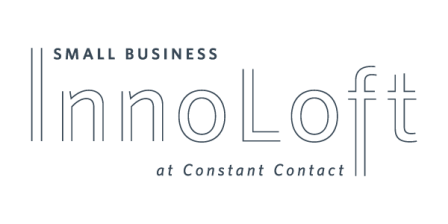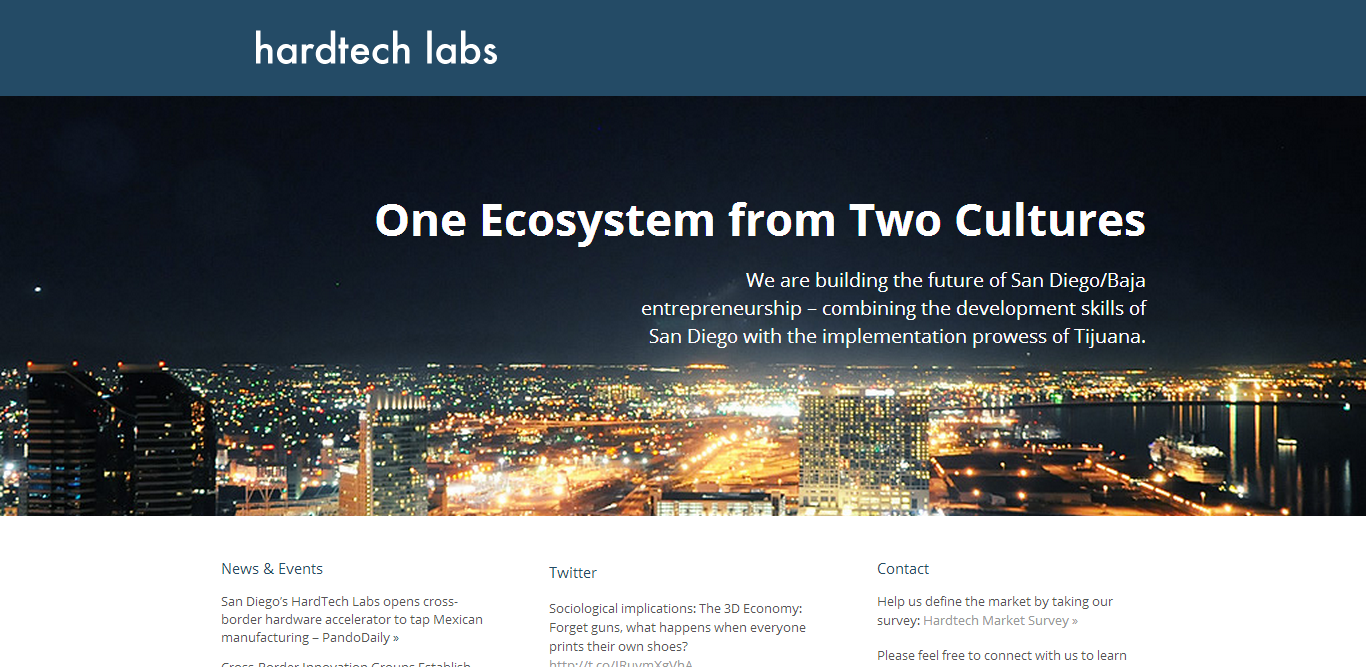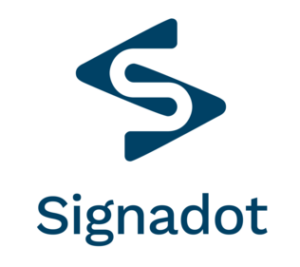 By Brian Kovalesky, StartUp Beat editor
By Brian Kovalesky, StartUp Beat editor
Startup accelerators and incubators are all the rage these days. While there are really no reliable numbers on the growth of incubators/accelerators worldwide, or even in the U.S. for that matter, anyone who follows early-stage startups knows that their numbers have grown exponentially over the last decade. Now we’re seeing some increased differentiation in the incubator/accelerator business. Besides those focused on broad swaths of technology and specific geographies, programs are popping up that are focused on specific markets—especially in areas like healthcare and retail. And some big companies are seeing value in starting their own incubators focused on specific niches.
Email marketing giant Constant Contact is the latest example. They recently announced the launch of an in-house incubator/accelerator focused on early-stage startups that serve small businesses—Constant Contact’s core demographic.
Startups selected to participate will be residents of the new ‘SMB InnoLoft’ center at Constant Contact’s headquarters, receive mentorship from Constant Contact employees with expertise in specific areas of business, access to a group of small businesses that the company says have opted in to trying new offerings, and get $10,000 to spend on marketing activities.
Here’s a Q&A with Constant Contact Chief Innovation Architect Andy Miller about the program and the value Constant Contact sees in starting its own startup incubator. By the way, for those interested in applying, the deadline is March 31 (http://smbinnoloft.com/).
SUB: Would you describe this new venture as an incubator or an accelerator?
Miller: While the Small Business Innovation Program shares more characteristics with accelerators, such as housing externally developed ideas, providing mentorship and counsel, and developing the startup over a set period of time, there are also essential differences. First, we are not taking any equity in the startups accepted into the program. Second, the program is designed to help entrepreneurs scale their business. Most other programs focus on gaining funding, not growing a business.
SUB: Describe what the selected startups will get as part of the program.
Miller: They will receive hands-on coaching and mentorship from Constant Contact experts and access to a group of small businesses that have opted in to trying new offerings. They also will receive dedicated office space in our brand new SMB InnoLoft, $10,000 to spend on marketing activities, priority access to Constant Contact’s AppConnect integration team, mentorship from, and access to, members of the Angel and venture communities, and the opportunity to work side-by-side with a group of early-stage startups that all share a commitment to making small businesses successful.
SUB: Where did the idea for the Small Business Innovation Loft come from?
Miller: The idea behind the InnoLoft was to create an environment that would drive great conversations and ignite new ideas—blending internal and external innovators and entrepreneurs—in order to create value for small businesses.
SUB: How do you anticipate this will benefit Constant Contact?
Miller: The program is ultimately an extension of Constant Contact’s goal to drive innovation that helps small businesses succeed, so if the Innovation Program results in great products and services for small businesses, that’s a win for us. This is going to be an educational program for us as much as it will be for the entrepreneurs we host. We plan on learning a lot from them in terms of product innovation and also anticipate being inspired by them.
SUB: The SMB market has always been a hard one to crack. What kinds of startups are you looking for to be part of the program?
Miller: Outside of creating value for small businesses, we’re casting a fairly wide net in terms of applicants. That said, the entrepreneur or startup must have a product in-market with some level of current users—though there is no minimum user base. This is important because we will be giving them access to small businesses that have opted-in to trying new offerings. Other than that, the sky really is the limit. We’re excited to see the wide array of companies that will be applying to the program.











